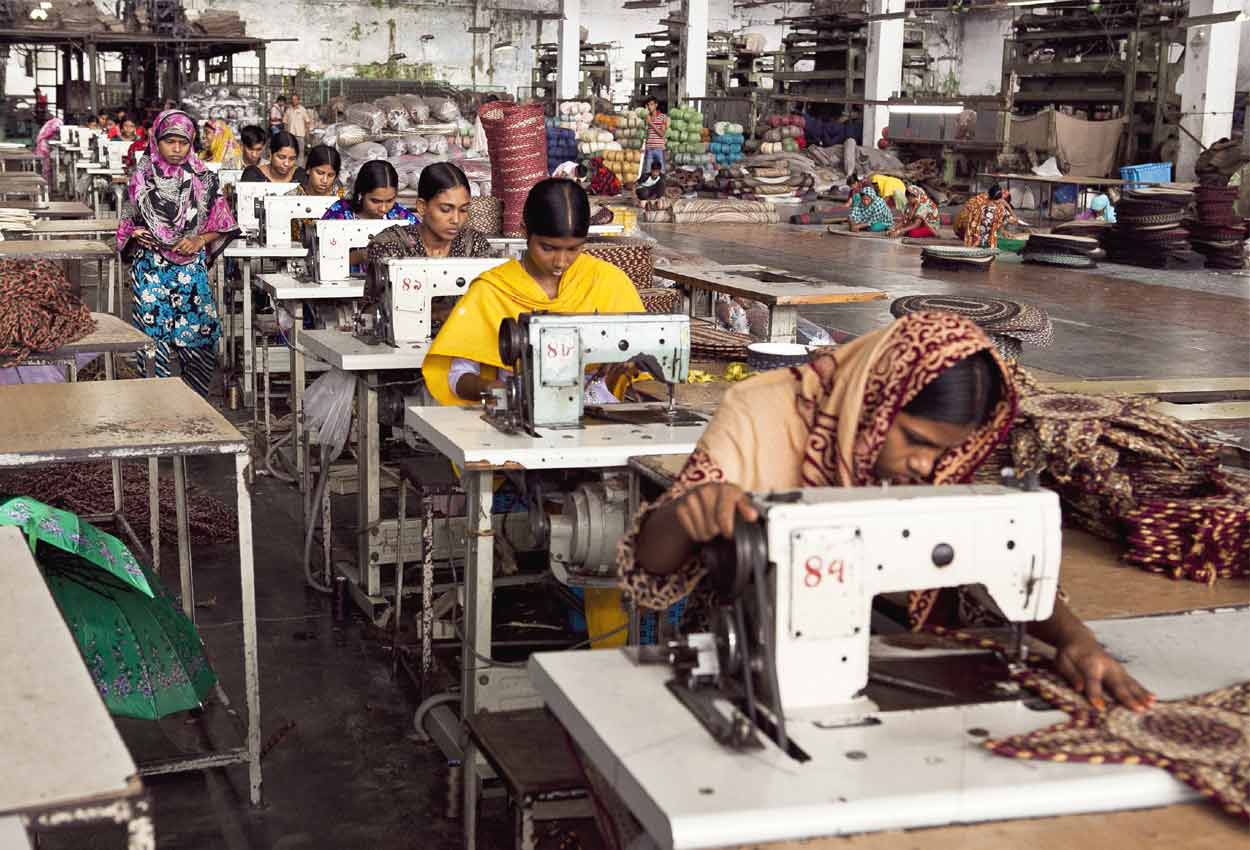Countries need to improve the working conditions and earnings of key workers – who were essential during the COVID-19 crisis – to fully reflect their contribution to society and their importance in the daily functioning of economies, a new report from the International Labour Organization (ILO) says.
The report, World Employment and Social Outlook 2023: The value of essential work , underscores the extent to which economies and societies depend on key workers, and also how they are undervalued. The poor working conditions of key workers exacerbate employee turnover and labour shortages, jeopardizing the provision of basic services. Improvements in working conditions and greater investment in food systems, health care and other key sectors are necessary for building economic and social resilience to shocks, the report says.
Key workers can be found in eight main occupational groups covering health, food systems, retail, security, cleaning and sanitation, transport, manual, and technical and clerical occupations.
In the 90 countries where data was available, 52 per cent of all employment is done by key workers, although in high-income countries, where economic activities are more diversified, the share is lower (34 per cent).
During the COVID-19 crisis key workers suffered higher mortality rates than non-key workers, overall. Among different categories of key workers mortality rates varied; for example, in countries with available data, transport workers had higher mortality rates than health workers. The findings reveal the importance of occupational safety and health (OSH) protection, as well as the greater security associated with working in formal workplaces, with collective representation.
Countries Need To Improve Working Conditions For Key Workers: ILO


























